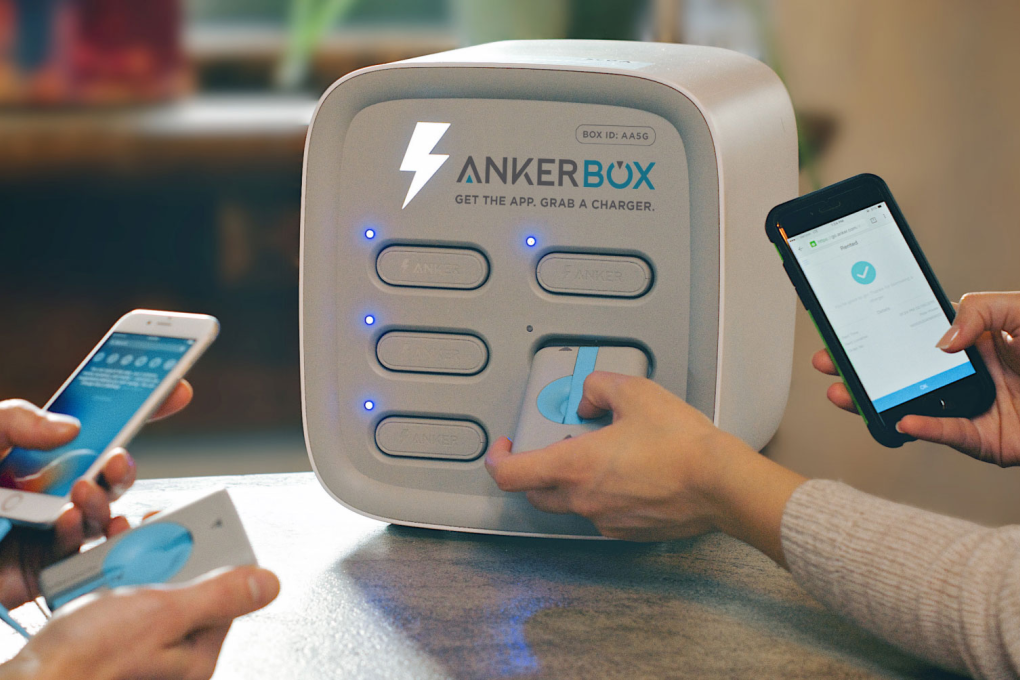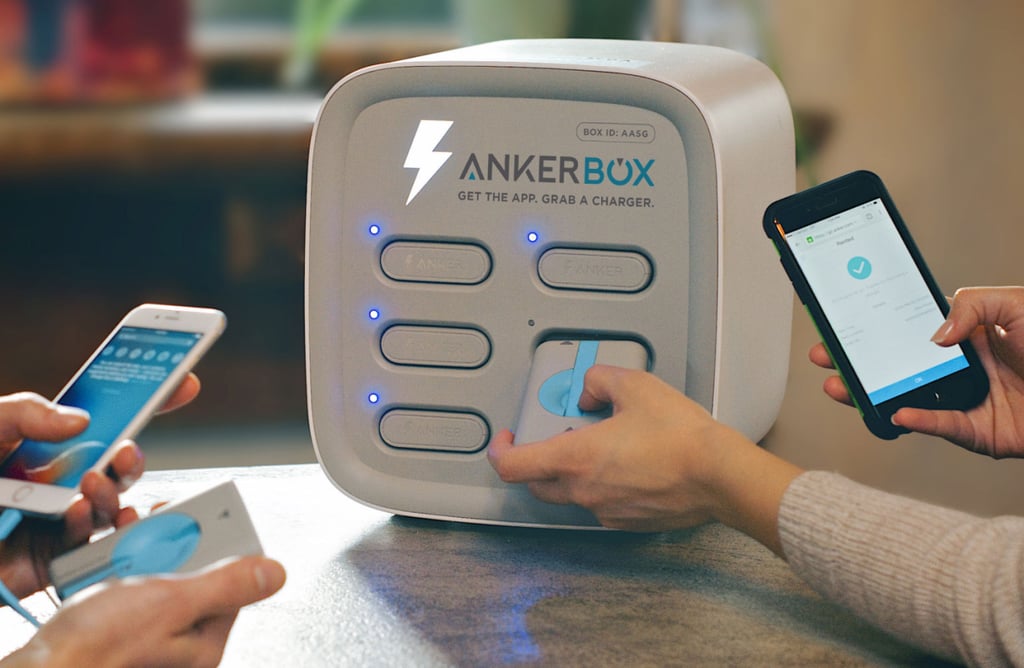Advertisement
How power bank sharing startups defied skeptics in China
Research shows people are renting more portable mobile chargers than ever
Reading Time:3 minutes
Why you can trust SCMP
0

When shared power banks first popped up in China a few years ago, there was no lack of skeptics. These battery packs, which can be grabbed and dropped at charging stations as small as a mini fridge, can be rented through apps. They target urbanites who need to power up their phones on the run, but critics questioned why anyone would want to rent a portable charger when they could simply carry their own.
Well, it turns out plenty of people like the idea.

Around 150 million people in China are expected to use a shared power bank this year -- up from an average of 116 million in 2018, according to a forecast by market researcher Trustdata. Over half of the country’s malls, restaurants, airports and train stations now house power bank rental outlets. And more than two-thirds of users are under 30 years old.
One of the earliest critics of the business was someone who can afford not to share a power bank: Wang Sicong. The outspoken millennial son of Chinese billionaire Wang Jianlin (estimated net worth: US$20.5 billion) is best known for gifting his dog Coco eight iPhone 7s. In 2017, he famously pledged, “If power bank sharing becomes successful, I’ll eat s**t.”
As brash as Wang’s claim sounded, for a while it seemed like he had a point.
During the height of the boom, 35 venture capital firms reportedly poured more than US$160 million into the power bank sharing business within just 40 days. The battle for dominance quickly turned into a price war, with some companies slashing rental fees down to 1 yuan (US$0.14) per use. Others offered free rentals for the first hour.
Advertisement